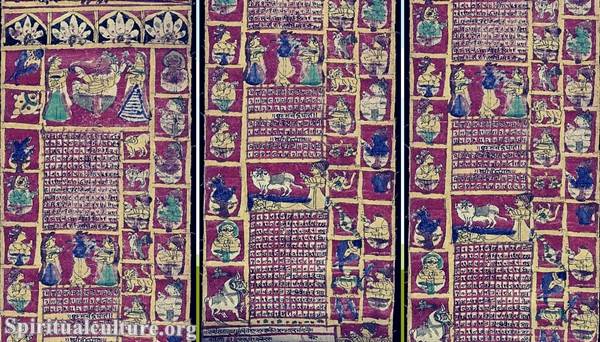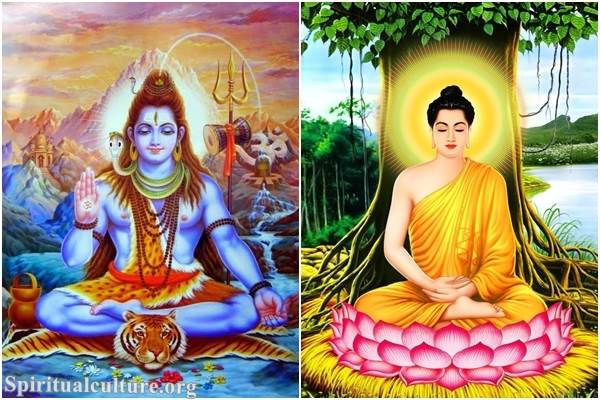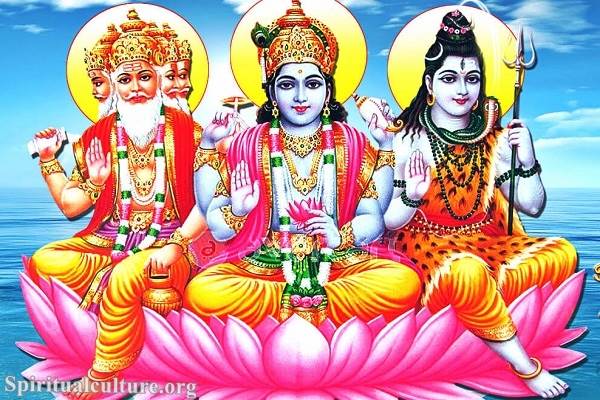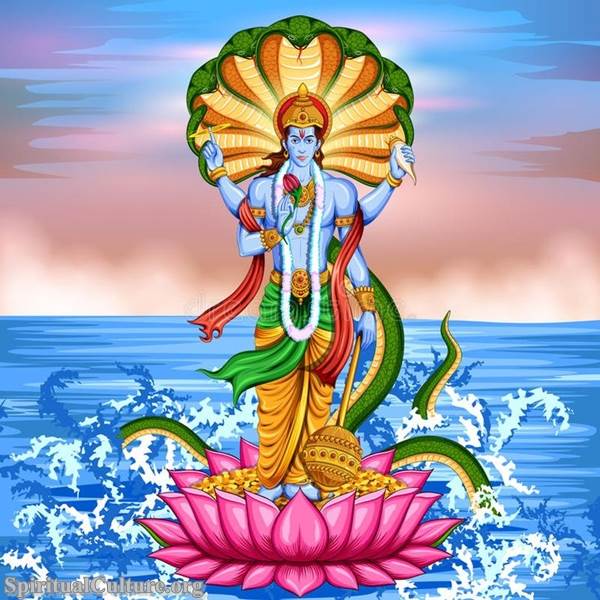The Hindu calendar is a combination of lunar and solar calendars, with each month based on the lunar phase and the year based on the solar cycle. The Hindu calendar is also known as the Hindu Panchang and is used to determine the dates of festivals, fasts, and other significant events.
The Hindu calendar has its roots in the Vedic era and is considered to be one of the oldest calendars in the world. There are several different versions of the Hindu calendar, each with its own set of rules for calculating the dates of lunar and solar events. Some of the most commonly used Hindu calendars are the Vikram Samvat calendar, the Shalivahana Shaka calendar, and the Bikram Sambat calendar.
In the Hindu calendar, each month is named after a Hindu god or goddess, and the year is divided into 12 lunar months, with each month lasting 29 or 30 days. The lunar months are determined by the cycle of the moon, and the solar year is determined by the position of the sun. The lunar months are known as the “Purnimanta” months, which begin on the full moon day, and the “Amanta” months, which begin on the new moon day. The solar year is divided into 12 months known as “Surya Sankranti” months, which begin on the day the sun enters a new zodiac sign.

Some months are considered more auspicious than others for performing certain rituals and observing religious practices. For example, the month of Kartik, which falls between October and November, is considered a very auspicious month for performing puja (worship) and observing fasts. This is because it is believed to be the month when Lord Vishnu took the form of Matsya (fish), and also the month when Lord Shiva and Goddess Parvati were married.
Similarly, the month of Shravan, which falls between July and August, is considered a holy month for Hindus. It is believed that during this month, Lord Shiva performed the Tandav dance and drank the poison that emerged from the churning of the ocean. This month is also associated with the festival of Raksha Bandhan, which celebrates the bond between brothers and sisters.
The Hindu calendar also takes into account the positions of the sun, moon, and planets, and uses astronomical observations to determine the dates of important events.
The Hindu calendar is not just a way of keeping time but is also a source of cultural and religious significance. It is used to determine the dates of important Hindu festivals such as Diwali, Holi, Navratri, and many others.
The Hindu calendar also plays a central role in the Hindu astrology system and is used to determine auspicious dates for important life events such as weddings, business ventures, and religious ceremonies.
In conclusion, the Hindu calendar is an integral part of Hindu cultural and religious heritage and continues to play a central role in the lives of Hindu communities all over the world. It is a complex and sophisticated system that blends astronomy, religion, and tradition to create a rich and meaningful way of marking time and celebrating life.



